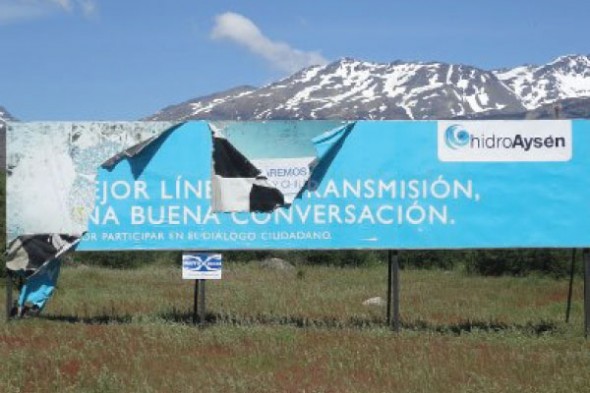UC Berkeley Center for Science Technology Medicine & Society:
 Call for Papers
Call for Papers
The promise and politics of provincializing experts, models, and knowledge in the 21st century
Development, understood as a set of aspirations, an organizational field, sets of expertise, or a guiding imaginary has shifted in response to the post-colonial growth of democracy in the South, the rise of multi-stakeholder partnerships and sustainability discourses, and the frenzied search for innovative models by policy makers worldwide. The North to South transfer of aid and tools, a process in which Northern experts were central, has opened up to the transfer of policies – like impact assessments, ecosystem services, or public health programs – in which Southern experts are increasingly involved. A ‘local’ view of the world has been promoted as more sensitive and appropriate to local, real-world needs and customs for many decades by development scholars and practitioners. However, we are now seeing not only ‘local’ models and policies being developed in situ in democratic countries such as Chile, but we are also seeing the rise of ‘Southern’-led international cooperation agreements, and ‘Southern’ models travelling to the ‘North’. For example, transport policies from Bogota are being implemented in San Francisco, while multiple African nations are receiving development aid from Brazil and technical advice from Bolivia.
Debates about local specificity versus global or universal truths have been central to STS scholarship. In this symposium, we wish to examine these new ‘local’-universals. What does it mean for Mayor Bloomberg to bring conditional cash transfers, developed in rural Mexico, to address poverty in New York? Are South Korean missionaries practicing a different Christian evangelism in Kenya? More generally, should we be analyzing the practices of representation, translation, and reconciliation, central to development programs and policies with an eye to shared ‘peripheral’ histories? In what ways do the epistemic roots of knowledge matter?
This symposium invites scholars to reflect on the dynamics of science, technology and expertise in international development, domestic development practices, and how these two interact. Despite its ambivalent history, development is still framed as an aspiration for millions. Thus these questions are central to critical investigations of legitimacy, epistemic authority, and democracy. We hope that, in bringing together a diverse collection of scholars, we may productively challenge our own assumptions and approaches to studying expertise, representational practices, and circulations unfolding in the name of development.
The New Development symposium will explore questions raised by the growing STS literature on development practices and postcolonial relations. Themes will cut across notions such as innovation, provincializing expertise, democracy, and im/mutable mobiles. Researchers and students from any discipline interested in the intersections of knowledge production, science and technology, development, and postcolonial studies are invited to participate in the New Development symposium.
Possible topics include, but are not limited to:
Please submit abstracts of no more than 300 words by February 1, 2013 to Freyja Knapp or Javiera Barandiaran

No comments:
Post a Comment